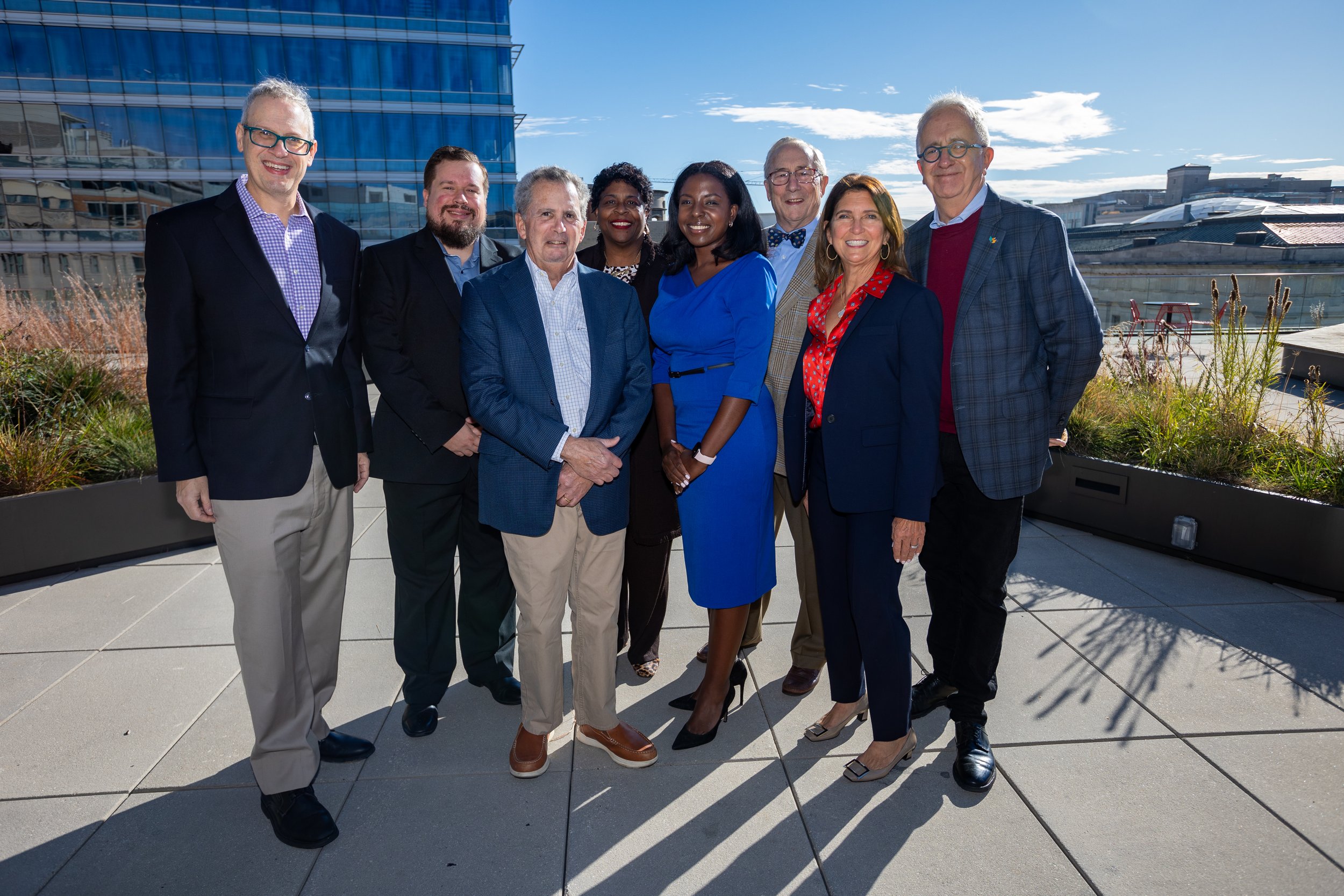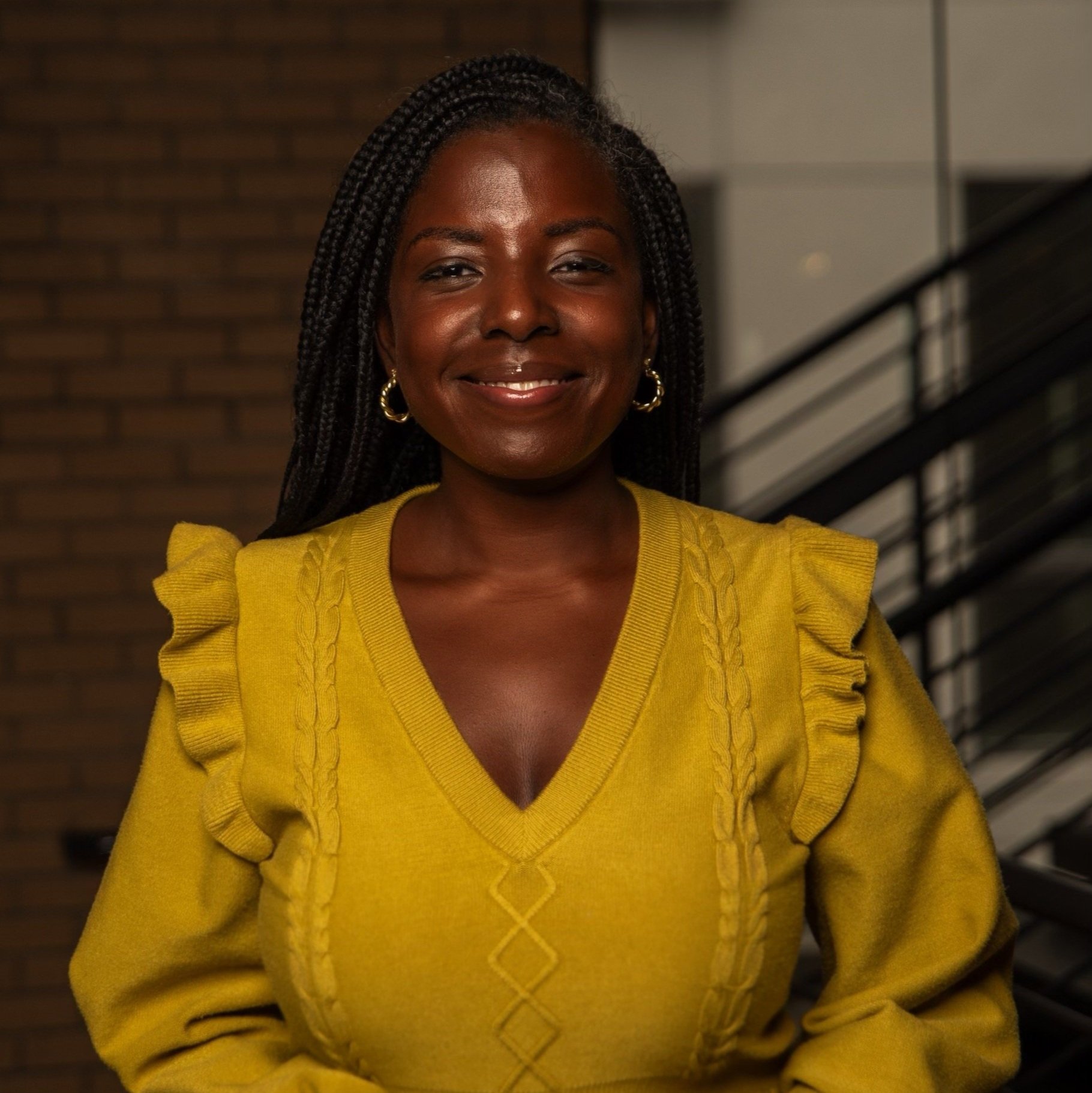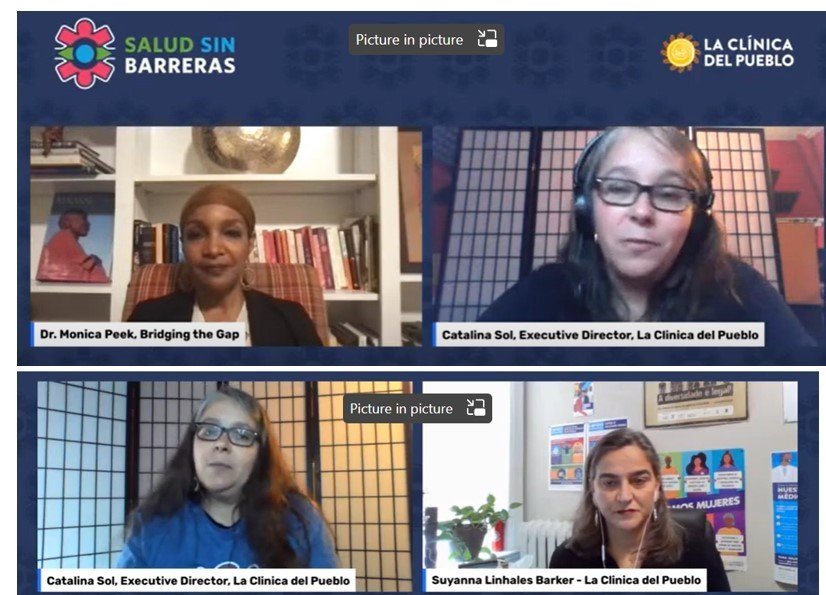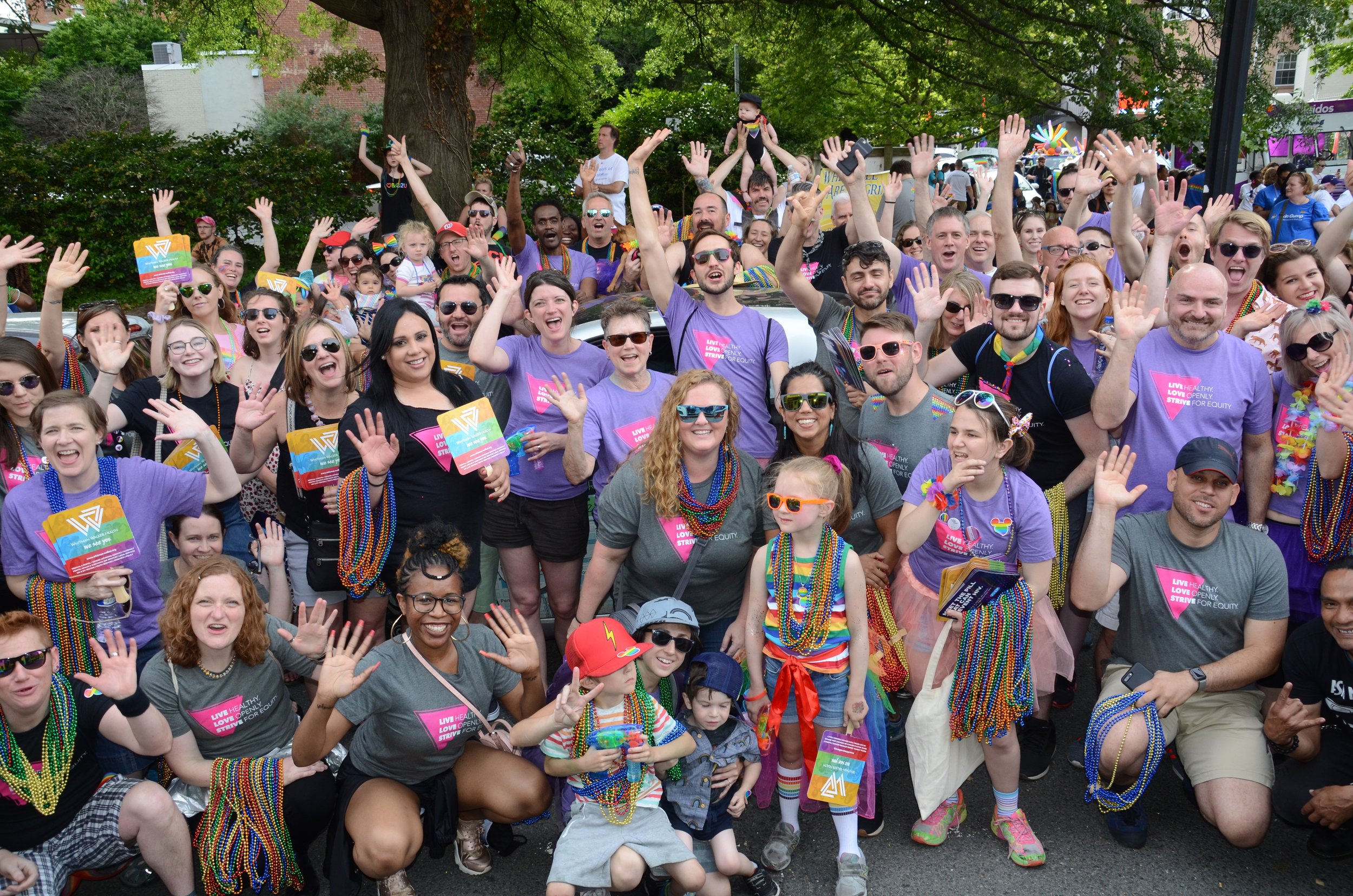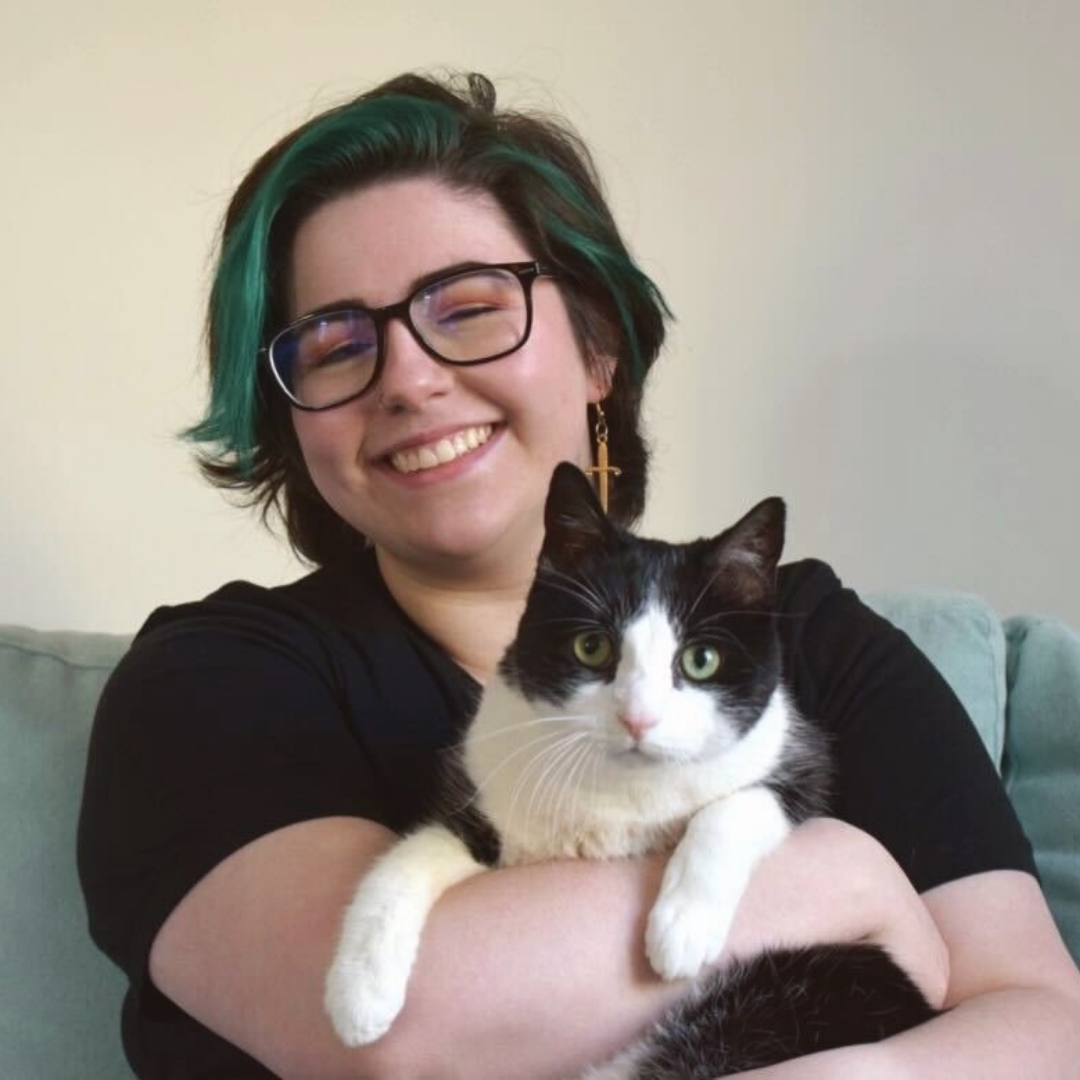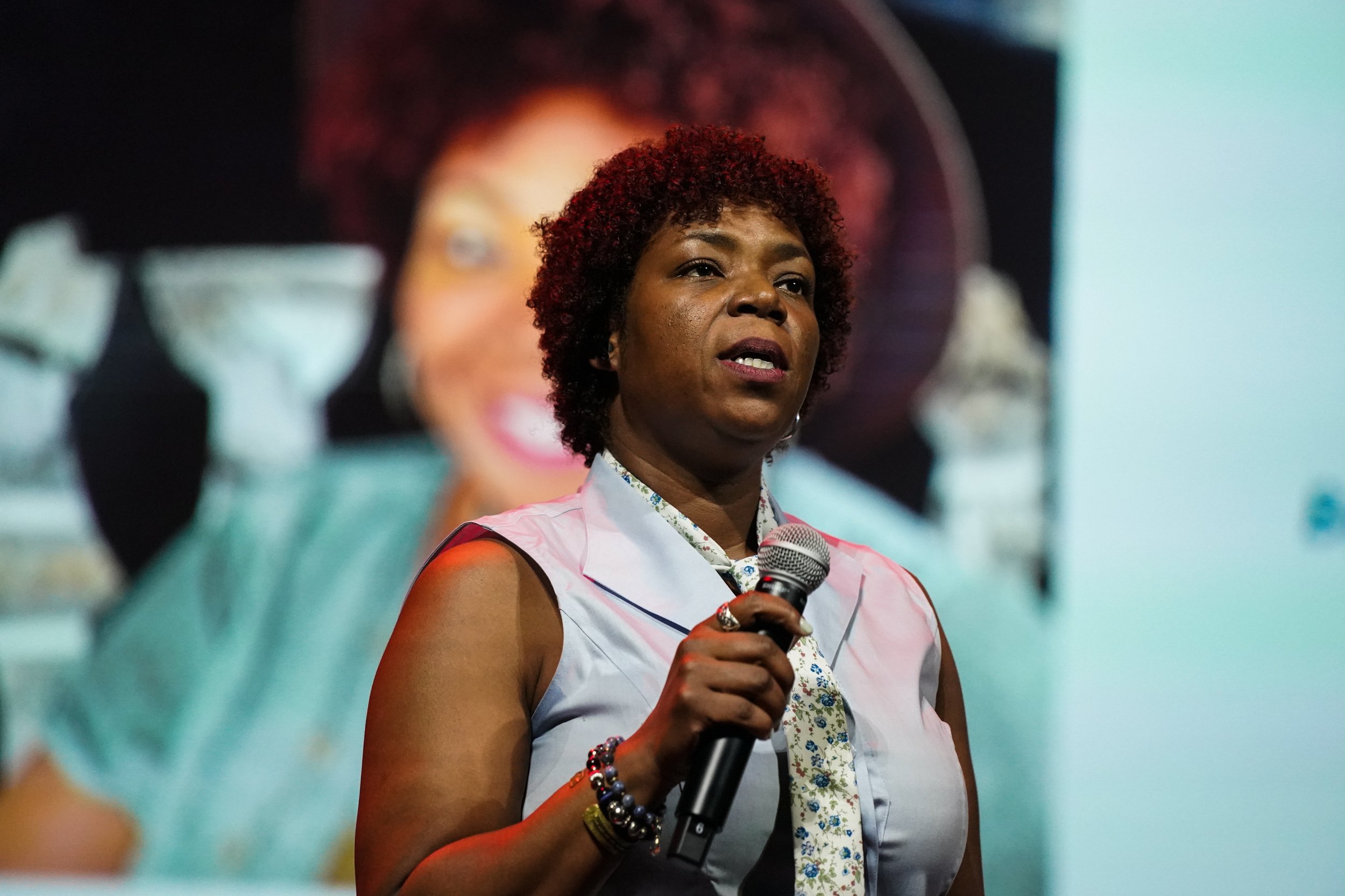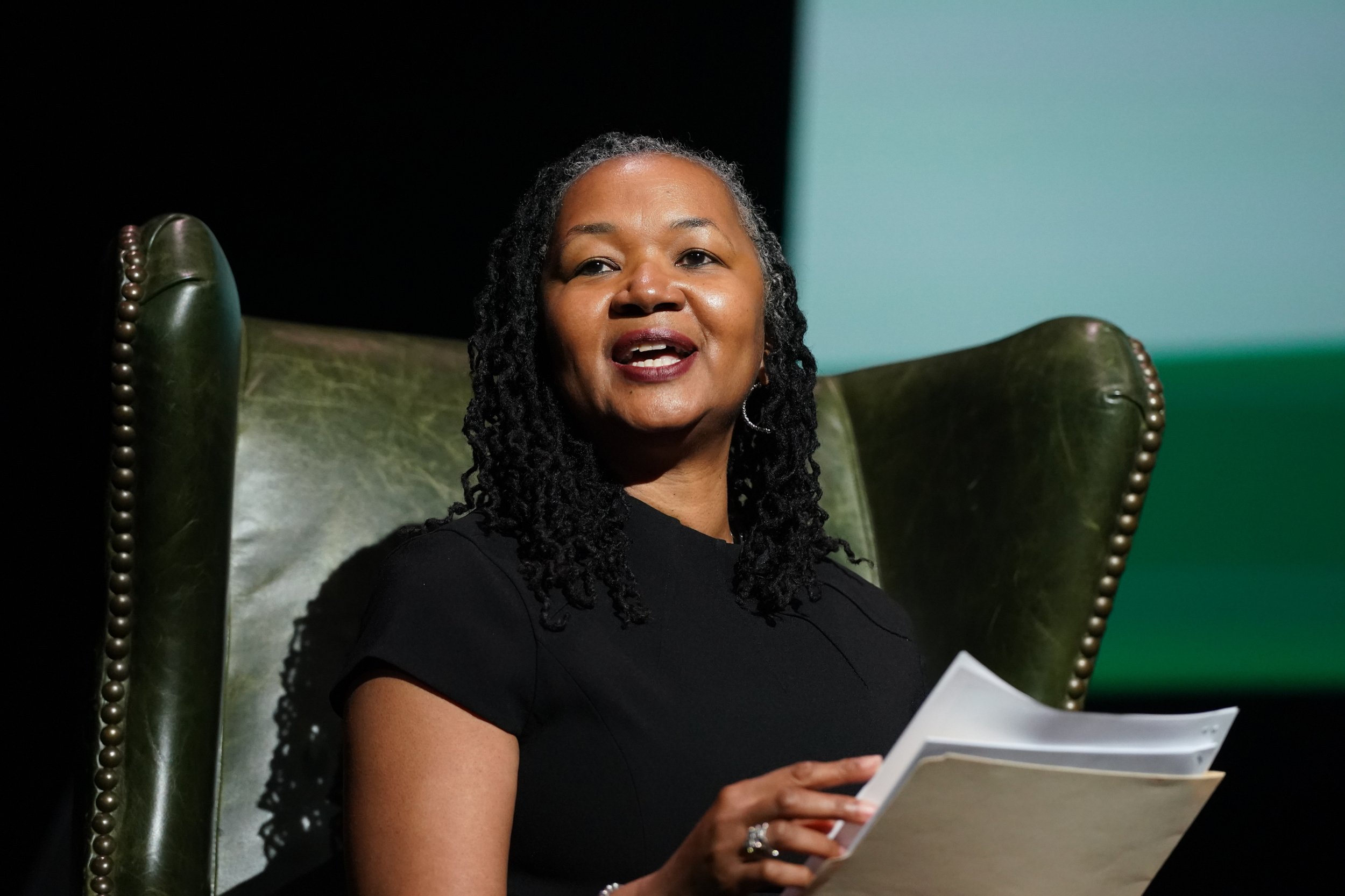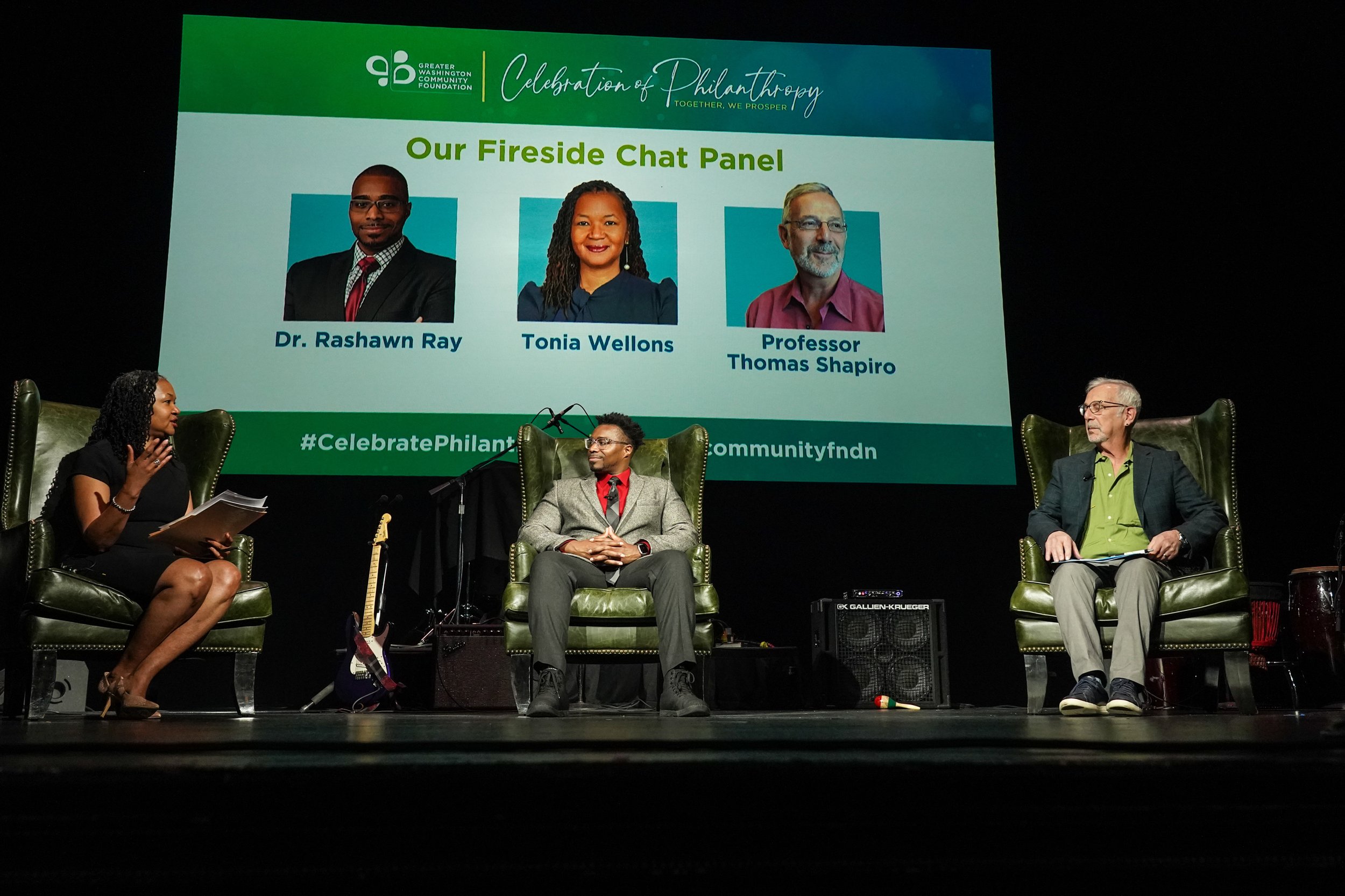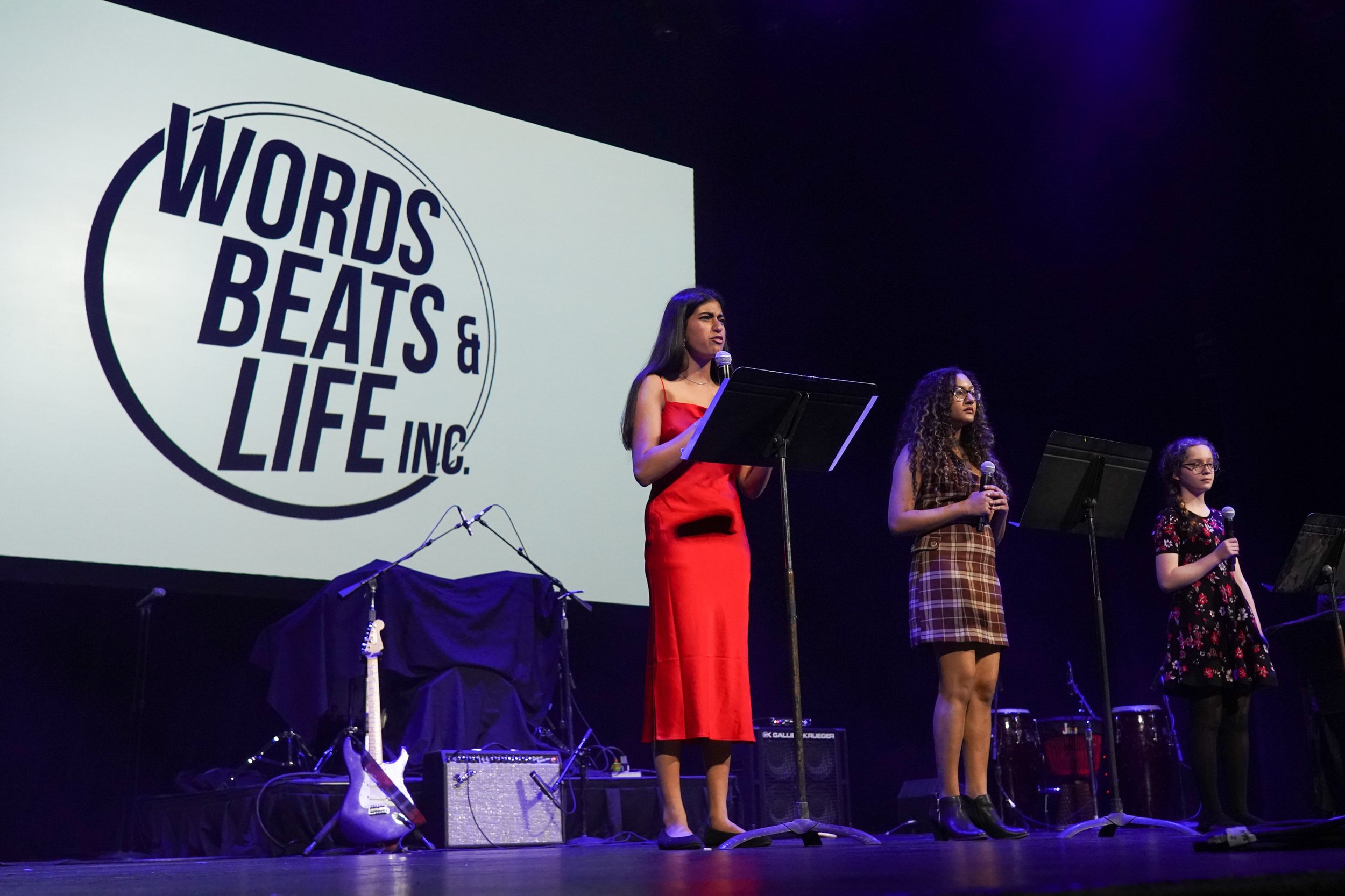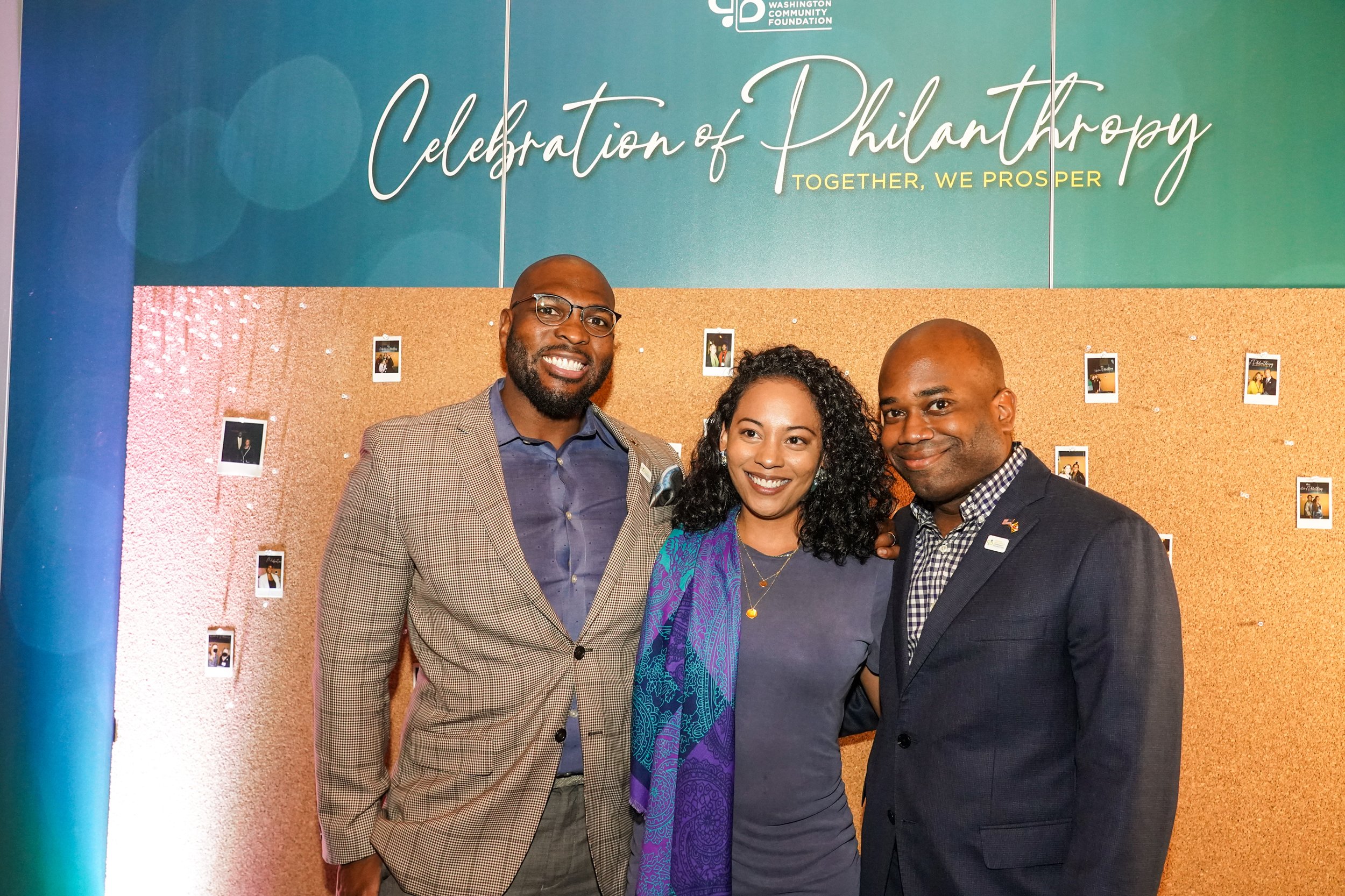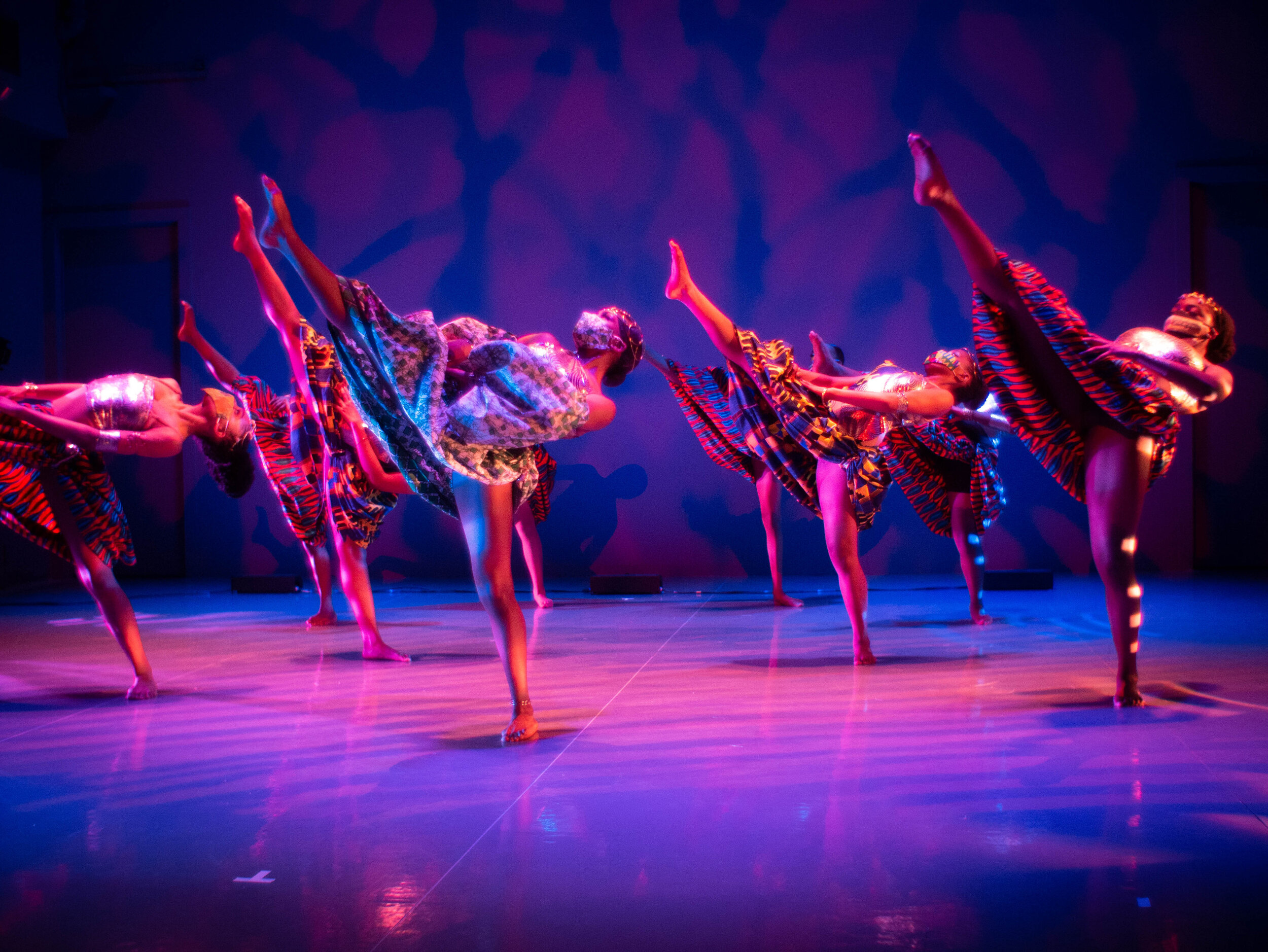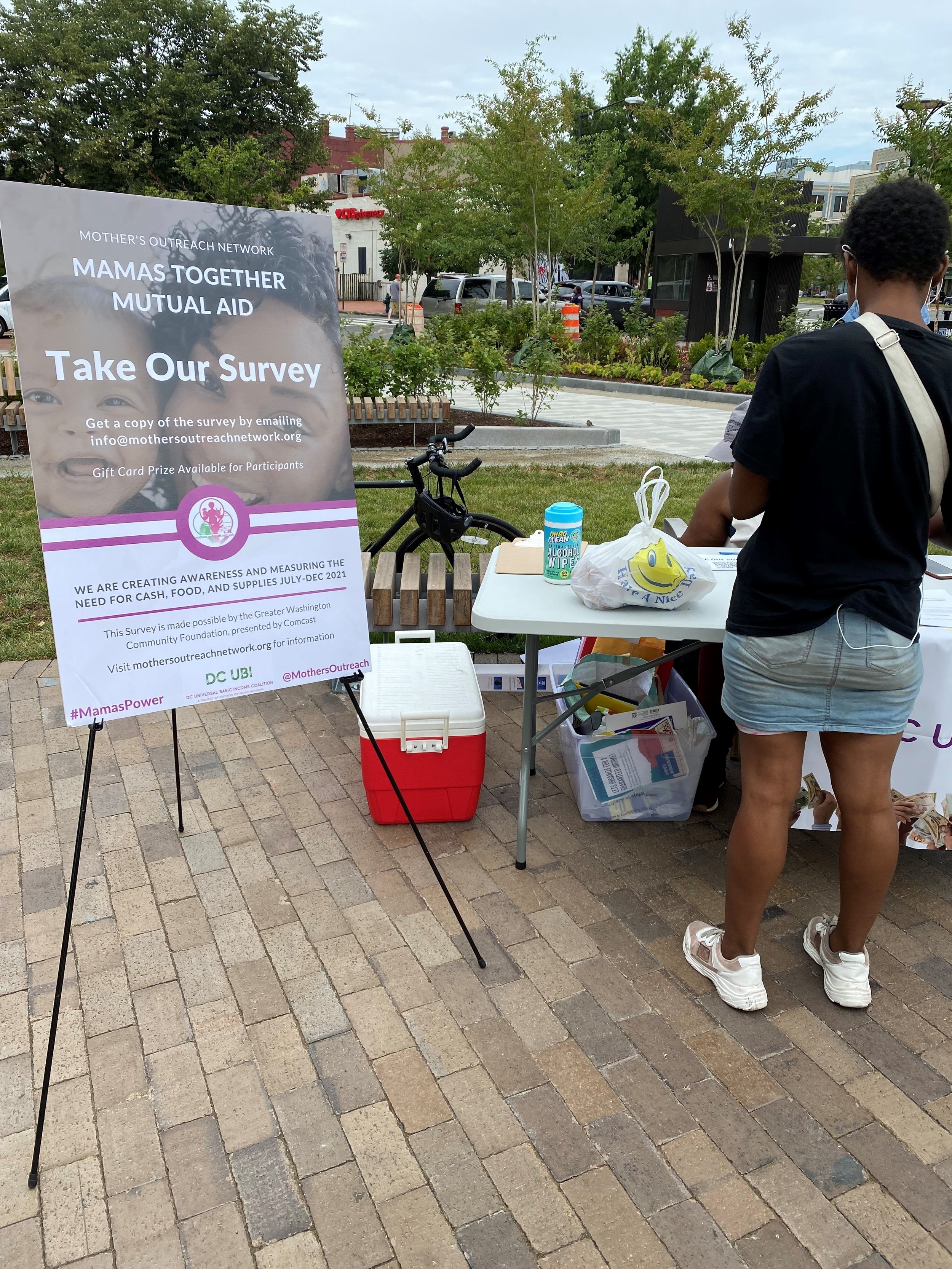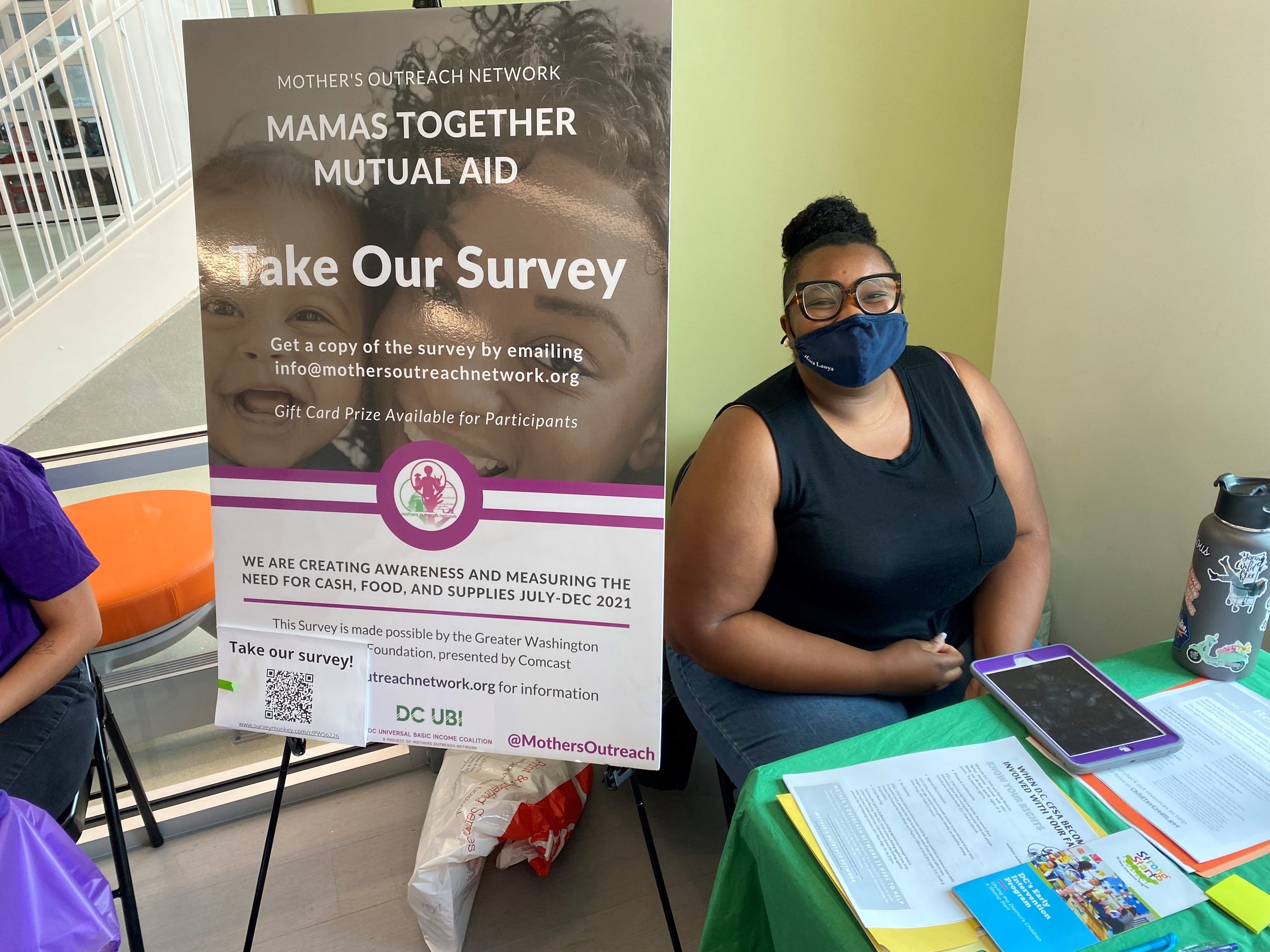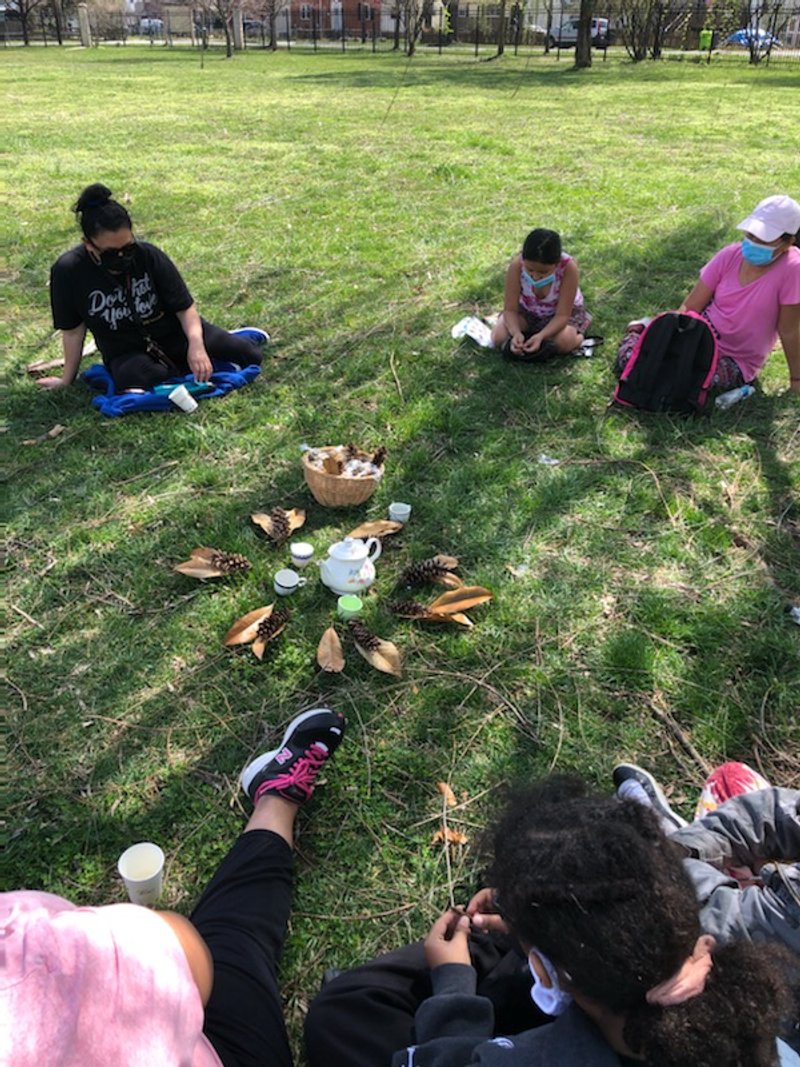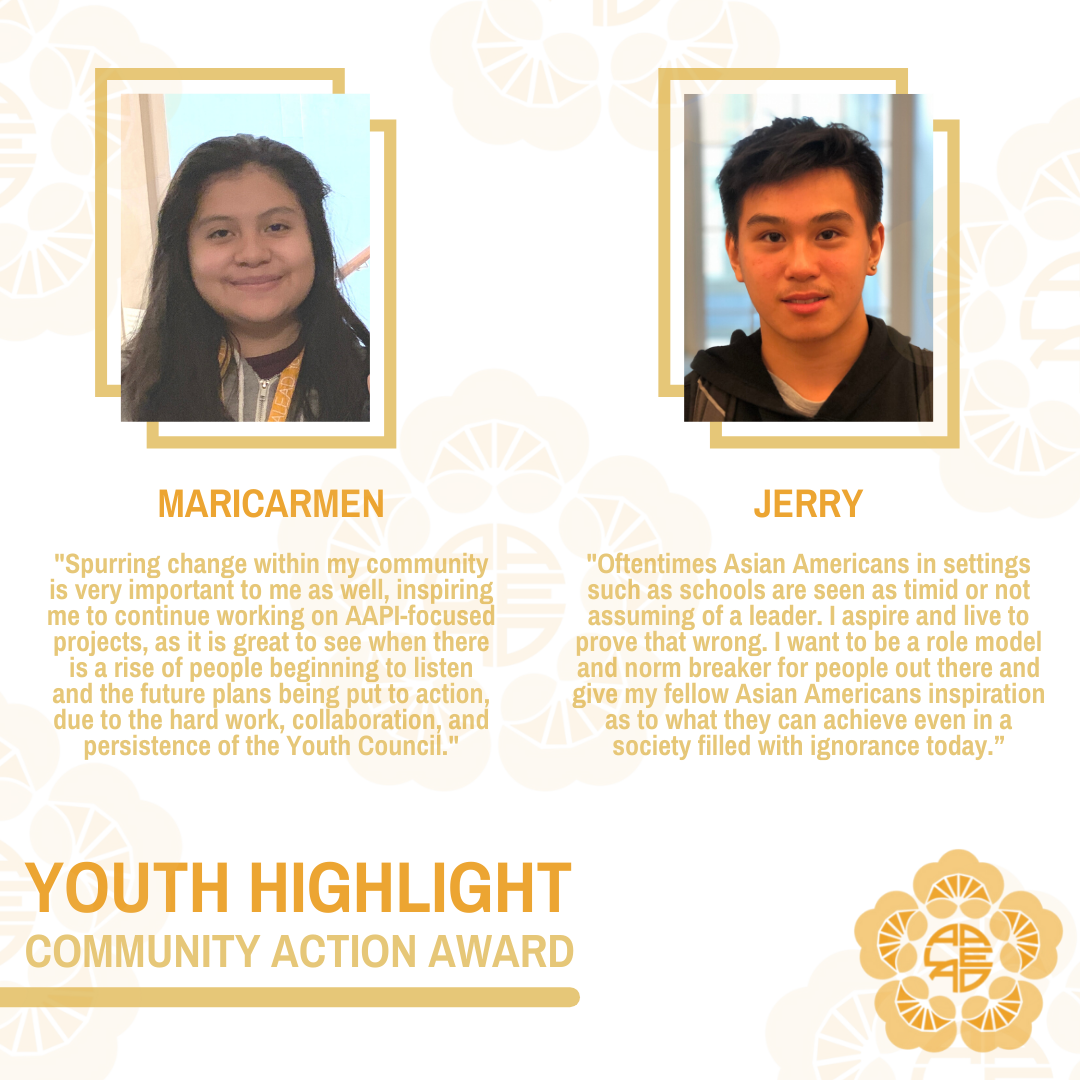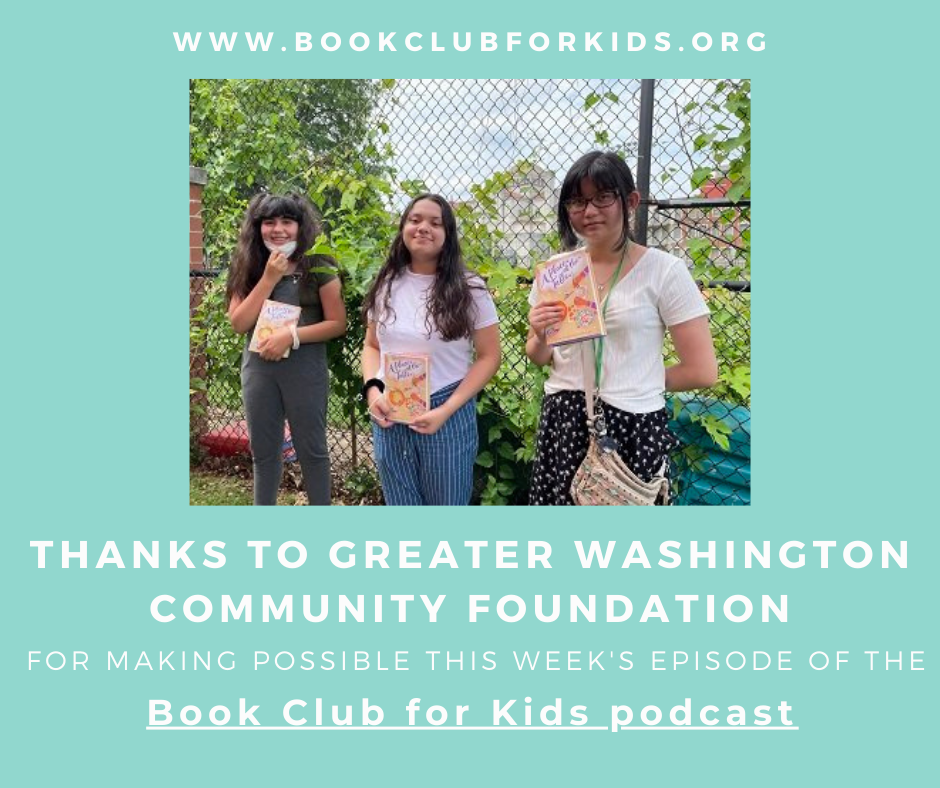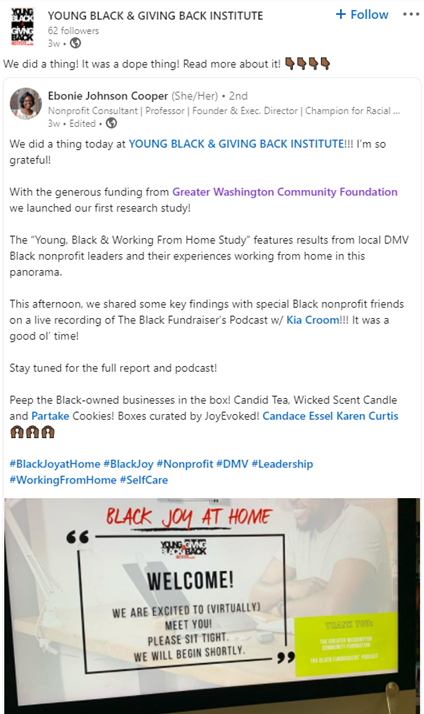(Photo: Congressional Cemetery)
Every neighborhood needs a gathering place—somewhere people can connect, learn, and celebrate together. For a growing number of Washingtonians, that place happens to be a cemetery.
Historic Congressional Cemetery, a 200-year-old national historic landmark, has reimagined what it means to be a community space, bringing people together on 35 acres of Southeast DC where history comes alive and neighbors become friends.
We're excited to announce that Historic Congressional Cemetery has opened a nonprofit endowment fund with The Community Foundation, marking the beginning of what we hope will be a long partnership with one of DC's most unique community organizations.
America's First Cemetery of National Memory
Founded in 1807 – just sixteen years after Washington, DC was established - Historic Congressional Cemetery predates Arlington Cemetery by nearly 60 years, earning its distinction as America's first cemetery of national memory.
Senator Uriah Tracy of Connecticut, the 1st member of Congress interred in the Congressional Cemetery.
(Image: Ralph Earl, Uriah Tracy, 1790, oil on canvas - Litchfield Historical Society)
When Senator Uriah Tracey from Connecticut died while in office in 1807, city planners realized they had overlooked one crucial detail in designing Washington, DC—where to bury the dead. This was during a time before air or rail travel, when the majority of the city’s residents came from out-of-state.
Local parishioners from Christ Church Washington Parish stepped up to meet this urgent need, establishing the first burial ground for the nation’s capital and its growing population.
The cemetery was pioneering in its approach, serving as a precursor to the rural cemetery movement of the 1830s, which emphasized natural landscapes and peaceful settings away from urban centers. The cemetery became the final resting place for many prominent Revolutionary War officers and generals, most of whom served in Congress and died in the nation's capital.
What started as a practical solution quickly became something much more significant. By 1815, the cemetery had become the designated resting place for members of Congress, complete with distinctive Latrobe cenotaphs—special markers honoring those who died in office. Today, 179 of these cenotaphs dot the landscape, with 58 containing the actual remains of congressmen who never made it home.
The Public Vault at the Congressional Cemetery - commissioned by Congress in 1832 to serve as a temporary resting place for government officials.
(Photo: Kitty Linton)
A Latrobe Cenotaph for President John Quincy Adams. Latrobe Cenotaphs honored members of Congress who died in office between 1815 and 1876.
(Photo: Congressional Cemetery)
In 1832, Congress constructed a Public Vault at the Congressional Cemetery, which served as a temporary resting place for figures like Presidents John Quincy Adams, William Henry Harrison, First Lady Dolley Madison, and other government officials – until they could be reinterred closer to home.
A Microcosm of American History
The stories buried at Congressional Cemetery read like a who's who of American history—but not just the names you'd expect. Yes, you'll find FBI Director J. Edgar Hoover, Stars & Stripes Forever Composer John Phillip Sousa, former DC Mayor Marion Barry, and renowned Civil War photographer Mathew Brady.
The President’s Own Marine Band visits the Congressional Cemetery to celebrate John Phillip Sousa’s 169th Birthday. A native Washingtonian, Sousa directed The President’s Own from 1880-1892 and remains one of America’s most iconic composers. (Photo: Vincent Vassal)
Mathew Brady’s compelling tombstone showcases images that he captured during the American Civil War. (Photo: Kitty Linton)
But you'll also discover Belva Lockwood, the first woman to run for president, Elbridge Gerry, the 5th Vice President who inspired the phrase ‘gerrymandering’, and Lucy Bell, who was born enslaved and dedicated her life to reuniting her family after the largest nonviolent slave escape attempted in US History.
"You can literally trip over the history here," says Anthony 'A.J.' Orlikoff, the cemetery's Director of Programming and Interim Executive Director. "I'll be walking in the cemetery, and I'll find a grave that teaches me something new."
Leonard Matlovich’s tombstone at ‘Gay Corner’ in the Congressional Cemetery (Photo: Kitty Linton)
The cemetery has also become a major landmark for the city’s LGBTQ+ community, as the final resting place of Leonard Matlovich – a renowned activist who appeared on the cover of TIME Magazine in 1975 as one of the first openly gay service members.
A victim of the AIDS crisis, Matlovich decided to use his death as a form of advocacy, creating a provocative tombstone that would continue his fight for equality even after he was gone. His "death advocacy" inspired dozens of LGBTQ+ advocates and allies to choose to be buried alongside him, creating what's become known in the Congressional Cemetery as "Gay Corner”.
Each June, the cemetery welcomes LGBTQ+ advocates and allies from across the region, hosting Pride Tours, a “Gays and Graves” Festival, and more than 1,400 runners for the DC Front Runners Pride 5K.
The DC FrontRunners Annual Pride 5K at the Congressional Cemetery (Photo: Congressional Cemetery)
Life in the Cemetery
"This is a place of life, not just death," says Orlikoff. "It starts with 'life'—life is the guideline. We celebrate life and we vibrate with life. That sets us apart."
Orlikoff explains that in Victorian times, cemeteries were social spaces where families would regularly visit, picnic, and gather. Congressional Cemetery has reclaimed that tradition, hosting over 200 programs annually that bring the community together in celebration of both history and life.
Their programming is as diverse as the stories buried within their gates. "Cinematery" transforms the grounds into an outdoor movie theater during summer months. In the fall, "Soul Strolls" bring history to life through immersive theater performances at gravesites, where actors portray the cemetery's ‘interred residents’ through carefully researched vignettes.
"It's not haunted where people jump out at you, it's macabre history done with real narratives," Orlikoff explains. "We're trying to show people that this was a real person who lived; they had a real legacy."
‘Cinematery’ offers community members a chance to watch their favorite summer movies outdoors, amongst the tombstones. (Photo: Kitty Linton)
(Photo: Congressional Cemetery)
Members of the K9Corps at a summer doggie play date at the Congressional Cemetery. (Photo: Congressional Cemetery)
A group listens to an actor portray the life of one of the Congressional Cemetery’s ‘interred residents’ during a Soul Stroll tour. (Photo: Kitty Linton)
Perhaps most beloved is the K9Corps, a dog-walking program that began in the 1980s by a group of canine-loving Community members who chose the Congressional Cemetery as their preferred meeting ground for play dates and service projects.
Today, over 1,000 dogs from 750 families (including one of our own team members) are part of this program – including many that come to visit former members at the Congressional Cemetery’s Pet Cemetery, affectionately known as the “Kingdom of Animals”.
(Photo: Congressional Cemetery)
Building Tomorrow's Community
As DC continues to evolve, Congressional Cemetery faces the same challenges as many historic institutions encounter—limited space and the need for sustainable funding. But rather than retreat from their community mission, they're doubling down on it.
As an active cemetery that continues to serve grieving families, Congressional Cemetery offers a wide range of initiatives to build relationships and help residents find community amongst the tombstones, including death cafés where people can openly discuss mortality over tea and cake, estate planning workshops, and educational programs that help demystify death and dying.
"Washington is a really special place," Orlikoff reflects. "It's often said that it's so transient—but the intransience of Washington is a quality in it of itself. No matter where you come from, if you live here, you're a Washingtonian."
The cemetery's location—nestled between RFK Stadium and in the shadow of ongoing urban development—makes its preservation even more critical. These 35 acres of green space represent not just historical significance, but environmental stewardship and community gathering space in an increasingly dense city.
Preserving the Past, Building the Future
As we partner with Historic Congressional Cemetery through their new endowment fund, we're reminded that the most meaningful community organizations are often those that help us understand our place in a larger story. Congressional Cemetery doesn't just preserve history—it makes history accessible, relevant, and alive for each new generation of Washingtonians.
In a city where power and politics often dominate the conversation, Congressional Cemetery offers something different: authentic stories, genuine community, and the reminder that we're all part of an ongoing American narrative. It's a place where senators and stonecutters, photographers and civil rights pioneers, longtime residents and newcomers all share the same ground—and where the living continue to write new chapters in that shared story.
To learn more about Historic Congressional Cemetery's programs and history, visit their website or consider joining one of their many community events.

































